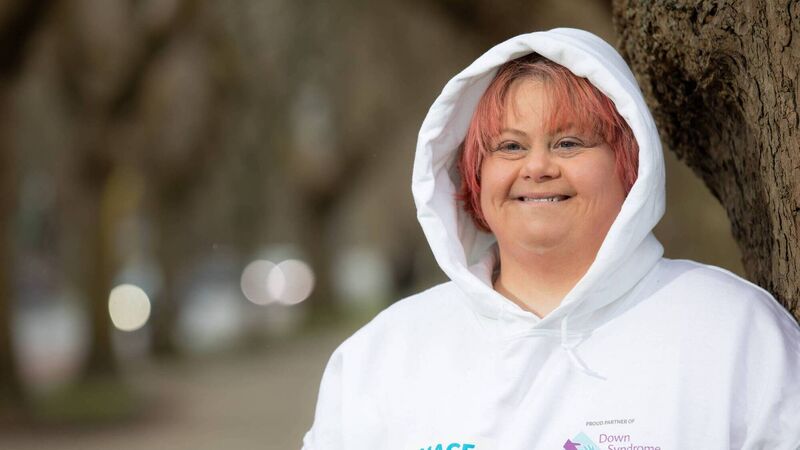'Significant gaps to inclusion' remain for people with Down syndrome

The public believes that 20% of people with Down syndrome are currently in paid employment, the survey found. In reality, meaningful employment for people with Down syndrome is approximately 6%, despite the fact that many more people would like to work. File photo
There are “significant gaps” preventing the inclusion of people with Down syndrome in Ireland, a new report has found.
The report, Upside, published to celebrate the 50th anniversary of Down Syndrome Ireland (DSI), found there were differences between public perception and aspirations when compared to the lived reality for the people with the condition in the State.










